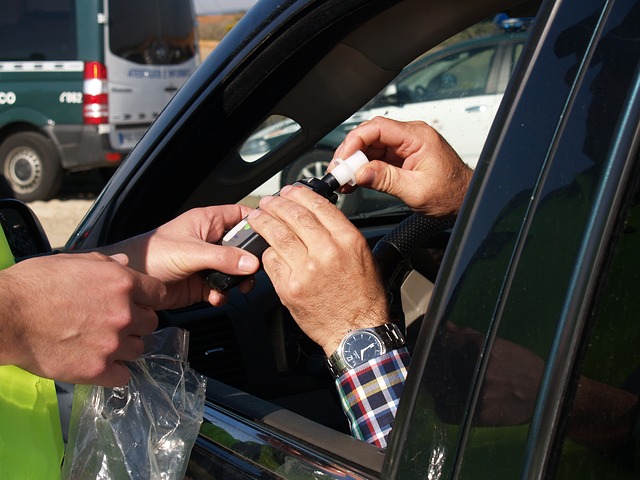When it comes to holiday weekends, these are times of the year that are known for increased amounts of DWI arrests, as well as alcohol-related traffic deaths. To help prevent this from continuing, the state of Texas made the decision to increase no-refusal checkpoints for the upcoming Independence Day holiday weekend.
In a statement, the Texas Department of Public Safety noted that they were “forced to take drastic measures” as a way to prevent drivers from driving under the influence. According to the Fatality Analysis Reporting System, more than 630 Americans were killed during Independence Day weekend between the years of 2008 and 2012, with more than 40% of those deaths being the result of drunk driving. Additionally, in the state of Texas, there have been approximately more than 78 auto accidents during Independence Day weekend throughout the past five years, and as a result, Texas and multiple other states have made the decision to utilize no-refusal checkpoints throughout the holiday weekend as a way to help prevent deaths on the road.
Generally defined, no-refusal checkpoints are similar in nature to DUI checkpoints in the sense that they go beyond requiring a driver to submit to a breathalyzer and sobriety test. Furthermore, no-refusal checkpoints require drivers suspected of driving under the influence to submit to a blood test in the event that they refuse to submit to a breathalyzer test. While a search warrant is normally required in order to legally perform these types of tests without consent, officers have the authority to issue a warrant on-site via a mobile or on-call judge at a no-refusal checkpoint, and the warrant allows officers to have legal justification for both taking and testing blood on-site.
Both before and during Independence Day weekend, no-refusal checkpoints could be found in various counties throughout the state of Texas. For instance, Tarrant County went on record of stating that they would publish both the ages and names of everyone who was arrested during this specific time period. These types of checkpoints are being lauded for preventing potential deaths that drunk driving accidents can end up causing; however, opponents of no-refusal checkpoints are speaking out, believing that taking blood sample without consent essentially is a Fourth Amendment violation against unlawful search and seizure, as well as citing a viral video showing Texas police using what many consider to be extreme force in order to take a blood sample, in which a DUI suspect was forcibly held down on a gurney by multiple police officers before a sample of his blood was then taken.
According to the Texas Department of Public Safety, the use of both regular and no-refusal checkpoints began during the weekend before Independence Day. All across the state, checkpoints were established at multiple high-risk locations where alcohol-related accidents tend to occur the most. From 12:00 AM on Independence Day until 6:00 AM on July 5, a total of eight people were arrested for suspicion of DUI, while two were arrested for suspicion of public intoxication.
Contact Gabriella Young for any legal troubles and schedule a free consultation today!

